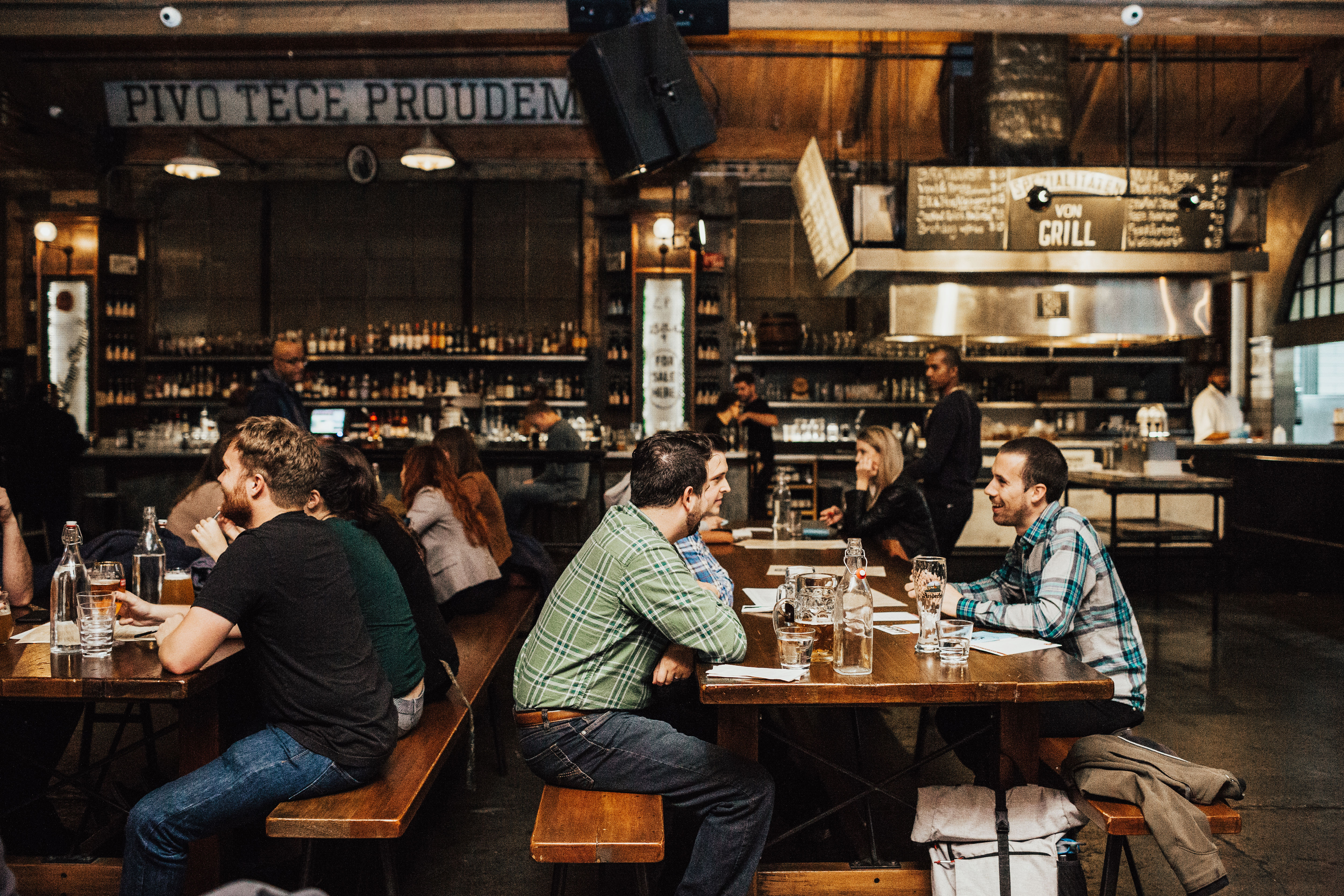The Future of Work: Are Offices a Relic of Our Pre-Pandemic Lives?

Image: Teresa Grasseschi
The news arrived amid the rush-hour crush of motorists and messenger bags: Microsoft would allow its Seattle-area employees to work from home for the next three weeks. Later that March night, Amazon would announce a similar policy. The local public health authority had already urged employers to consider operating remotely amid the coronavirus outbreak, but now two Big Five tech companies—with a collective 100,000 workers in the region—were actually listening. “It clearly signaled to others to take similar steps,” says Jon Scholes, president and CEO of the Downtown Seattle Association.
After our local business behemoths embraced Zoom (fine, Microsoft, Teams), regional traffic numbers plummeted; seemingly overnight, the metropolis turned into an expanse fit more for tumbleweeds than tech powers.
But both in infrastructure and mindset, Seattle’s pivot-friendly tech economy was plenty prepared for a switch to work-from-home life that will extend well beyond the days of social distancing. Quarantine forced some employers to beta-test existing remote plans—and compelled skeptics to begin forging their own. “My personal opinions about WFH have been turned upside down over the past two months,” Zillow CEO Rich Barton tweeted after extending the online realty firm’s work-from-home policy through 2020. “I expect this will have a lasting influence on the future of work.”
In the coming years, more employers may shed real estate costs and carbon emissions culpability by embracing full-on remote operations. This trend predates the arrival of quarantine; in 2019, downtown workers telecommuted more than twice as much as in 2010, per a Commute Seattle report.
The architecture for that flexibility is coded in the city itself: Many Seattle startups build third-party server and data storage services that can be accessed anywhere. “Seattle is the epicenter for the cloud,” says Todd Schwartz, a cofounder of startup SkyKick, which has long offered a flexible telecommuting policy. In quarantine they added virtual happy hours and TikTok challenges to combat isolation.
Jon Scholes of Downtown Seattle does expect some businesses to return to the city center for the long haul. Those that do will need to privilege social distancing through odd hours and safer layouts. Hot or hotel desking, in which workers store their belongings in a locker or cubby before settling into a communal workspace, could become even more popular as employers balance shifting schedules and social distancing guidelines, says Kailin Gregga, a partner at Seattle architecture and design firm Best Practice. Others operating on part-time remote schedules may ditch traditional offices for coworking spaces, where desk rentals can be more financially prudent than leasing entire floors.
Some employees won’t have any say in where they report for duty. The essential workers who stock shelves and administer life support will continue to lack remote options. But their perseverance during the pandemic can serve as a model for their corporate counterparts. If frontliners can adapt to a public health crisis in a matter of days, other workers can learn to embrace the closet desks and 6am shifts of the future. Maybe give it a year, though.




